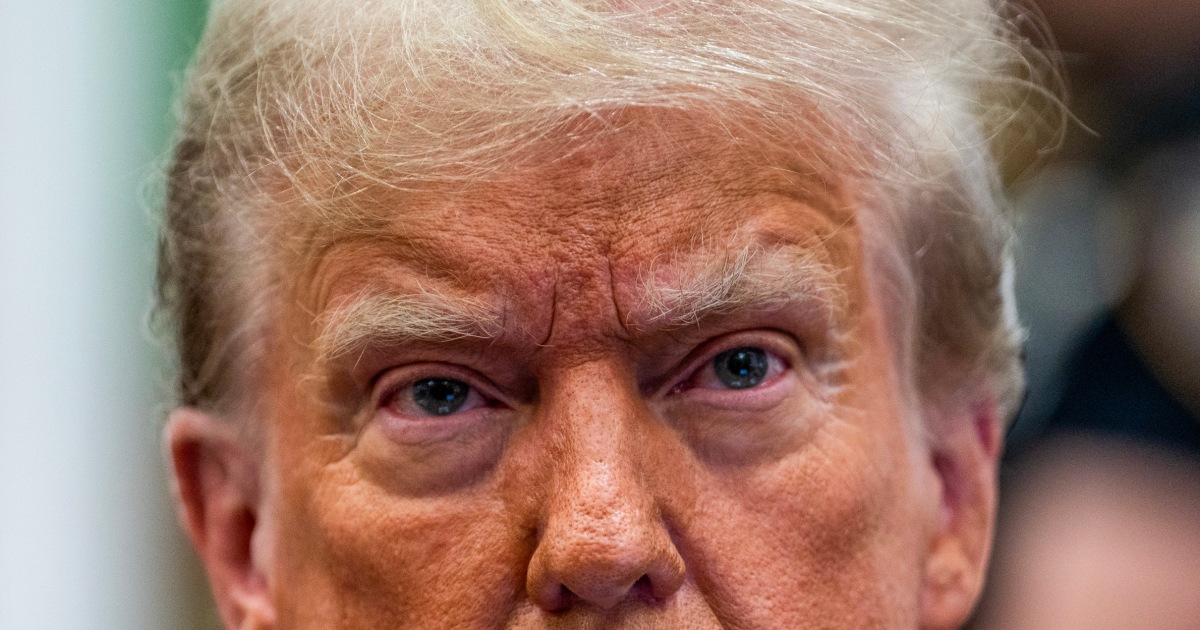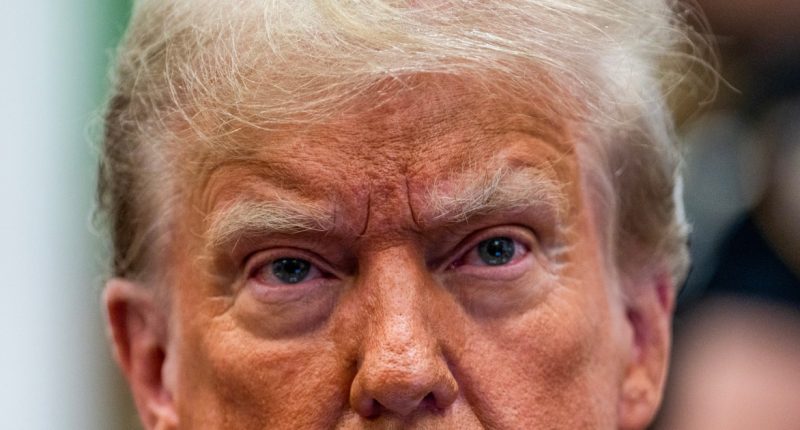
A federal appeals court on Wednesday shot down former President Donald Trump’s attempt to use presidential immunity in the upcoming E. Jean Carroll defamation trial, finding he’d waited too long to raise the defense.
Trump had argued he couldn’t be sued for comments he made in 2019 about the writer and her sexual assault claims against him because he was president at the time and, he contended, they related to his duties because he needed to speak out and assure the public her accusations were untrue.
In a unanimous ruling, a three-judge panel of the 2nd U.S. Circuit Court of Appeals found Trump had waited too long — three years —to raise the defense.
“We hold that presidential immunity is waivable and that Defendant waived this defense,” the ruling said.
The panel noted that Carroll first filed her defamation suit in November 2019 and Trump filed his response in January 2020. He didn’t raise the presidential immunity defense until January 2023. To allow him to use the defense now would cause “undue prejudice” to Carroll, the judges said.
Trump attorney Alina Habba said the court’s ruling “is fundamentally flawed and we will continue to pursue justice and appropriate resolution.”
Carroll lawyer Roberta Kaplan said that she was “pleased” with the decision and “that we can now move forward with trial next month on January 16.”
The trial will be Carroll’s second against the former president. In the other, she accused Trump of raping her during an encounter in the dressing room of a New York department store in the 1990s and then defaming her after he left office by calling her claims a made-up “con job.”
That jury found Trump had sexually abused and defamed Carroll, and awarded her $5 million in damages in May.
That case, which the judge has referred to as Carroll II, had actually been filed before the case going to trial in January. The one that was the subject of Wednesday’s ruling was initially tied up in appeals over whether Trump’s 2019 comments were protected under the Westfall Act, which gives federal employees “absolute immunity” from lawsuits based on conduct “in the course of their official duties.”
U.S. District Judge Lewis Kaplan has found Trump liable for defaming Carroll given the verdict in the earlier trial, so the trial in January will be focused solely on what money damages Carroll is entitled to. Kaplan denied Trump’s immunity argument in a ruling in June, writing that presidential immunity is “not a ‘get out of damages liability free’ card.”
Trump has also raised presidential immunity as a defense in the criminal election interference case brought against him by special counsel Jack Smith. U.S. District Judge Tanya Chutkan ruled this month that Trump was not immune to the criminal charges. Trump has appealed that ruling to the federal appeals court in Washington, D.C., and Smith has asked the U.S. Supreme Court to decide the matter.
Trump has pleaded not guilty in the election case.
Source: | This article originally belongs to Nbcnews.com










